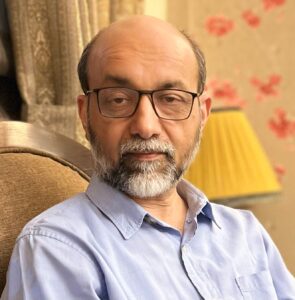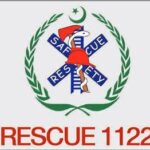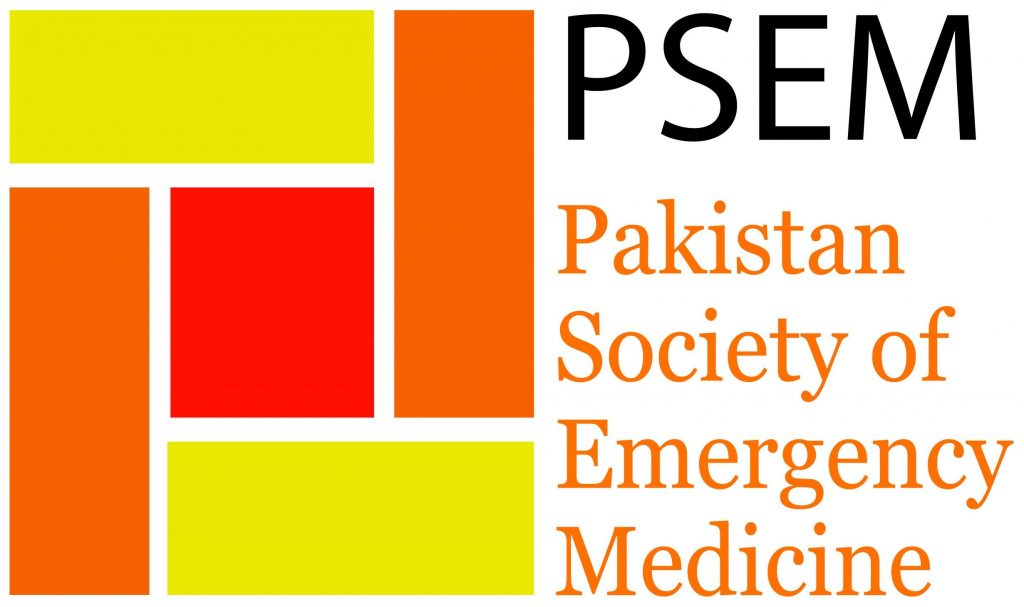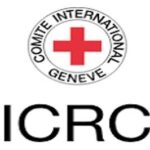 Trauma or injury is leading cause of death and disability in young age. Our society as a whole is accident prone. This is mostly because our roads are not properly built and are accident prone. Bridges and roads are improperly constructed, with premature opening of the roads in unsafe conditions, so on and so forth.
Trauma or injury is leading cause of death and disability in young age. Our society as a whole is accident prone. This is mostly because our roads are not properly built and are accident prone. Bridges and roads are improperly constructed, with premature opening of the roads in unsafe conditions, so on and so forth.
Similarly, our home, apartments, offices and shopping places are also prone to accidents for the dwellers. Open manhole, improper stairs, no safety railings and to top that unsafe electrical fittings, wires and cables. Overcrowding, lack of patience in people add complexity to already unsafe situation.
This results in accidents at home, at work, and in between at roads. It involves mostly children and adolescents, but also elderly and women. Society has to collectively take responsibility and work to prevent these accidents, as it has enormous financial, social, economic and emotional burden on families, societies and the country.
On the other hand, we should work on improving delivery of healthcare to accident victims. It is very important because it is time sensitive and at times it is very technical. It is no ordinary care that anyone can do, but highly specialized care that only trained personnel should be doing. The care also needs to start at the site of accident or injury. The people who reach to the site and the victim first, have a responsibility to ensure others won’t get hurt and at the same time care for the victim at hand.
Our prehospital care needs a transformation in terms of mindset, training and competencies. Besides one or two services like 1122 and Aman Foundation ambulance, other services mostly work as transport vehicles. They transport patients from the site of the accident to the nearby hospital. By doing so they assume their job is being done, and the treatment usually starts after the patient reaches to the hospital doors, essentially at the emergency departments of those hospitals.
Since Emergency Medicine is a reality in Pakistan now and the community is slowly increasing in number and effect, it is our responsibility to get involved in all levels to improve trauma and accidents care. Areas of improvement include prevention of trauma and accidents, pre-hospital care and then emergency care before we talk about definitive care in OT, ICU or in-patients care. We need to involve all stake holders for the prevention and pre-hospital care enhancement to ensure better care in Emergency Departments and beyond. Its not easy but we have seen a gradual change in the focus of all the healthcare to be on pre-hospital and Emergency Departments. We need to continue our efforts to do a good job in the Emergency Departments and support all the organizations doing pre-hospital care.
There are courses available to people interested in learning the accident and injury care outside hospital. Organizations like ICRC (International Committee of the Red Cross) and 1122 runs courses for the people involved in the pre-hospital and Emergency Departmental care for the injured. Some institutions are also collaborating with their international partners to do certain training modules. But we require more than that.
We require to develop a standardized course approved by PSEM (Pakistan Society of Emergency Medicine) and mandated by health department for all who provide pre-hospital care as well as Emergency care in the ED. A standardized approach and a common pathway of emergency management will serve enormous good for the accident victim.
As an Emergency Physician and part of the team working to establish good emergency care across Pakistan, we need to put more effort and create more consensus in these areas to provide good Emergency Care to all accident victims.


